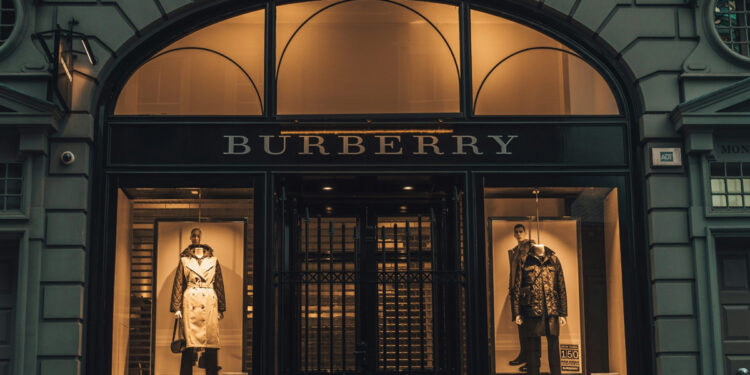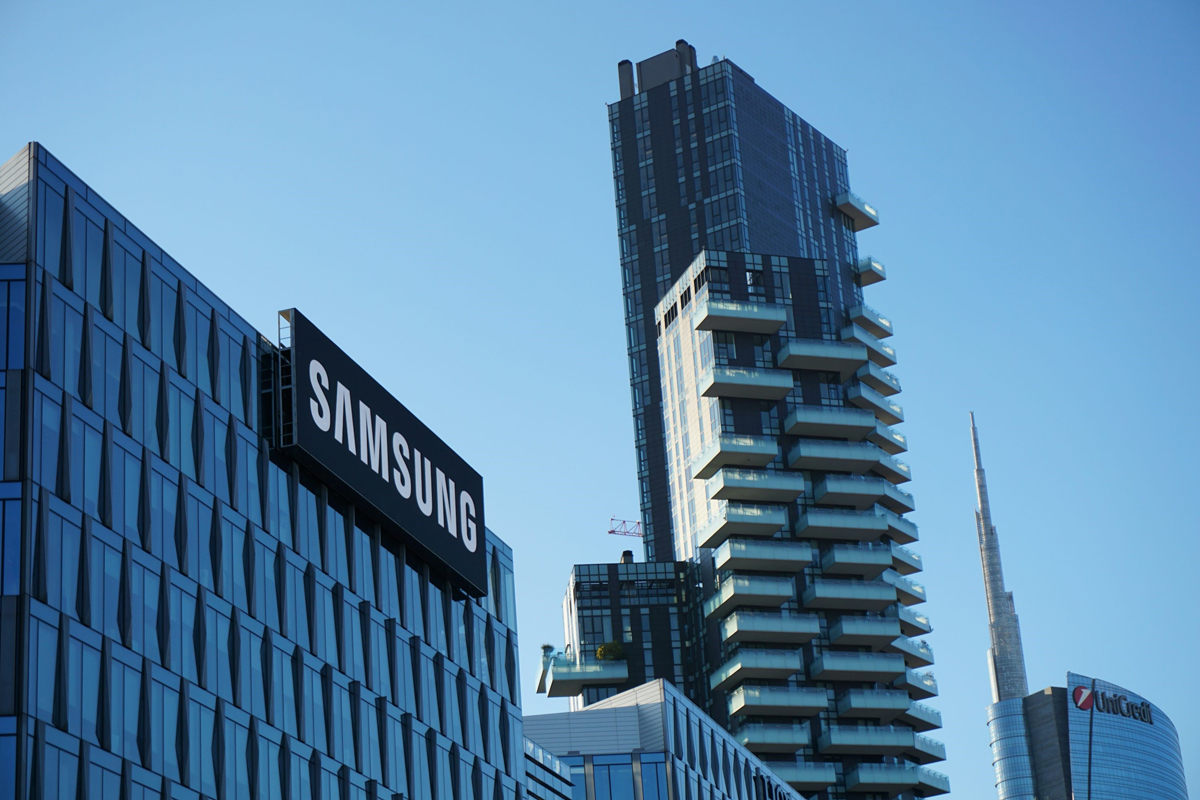Immersive Brand Activations Where Retail Becomes Game

The most forward-thinking brands, those that are making waves across their industries, no longer sell products but rather experiences and worlds. Across sectors, brands have transformed the retail experience. It is now much more participatory, with brand loyalty the order of the day, as the experience has been turned into a form of entertainment. It is now an expectation from consumers; they no longer just want to watch, but rather want to interact with ads.
A Playable Future
This movement towards interactive, gamified mirrors reflects the general evolution of entertainment spaces. Take, for example, iGaming and the example of the UK casino, Betfair. No longer are players watching games unfold, but they are immersed in them. The casino offers real-time challenges with live dealer rooms, slot tournaments and other mechanics like daily free spins. This provides gamers with the chance to not only win, but also interact with both the games and other gamers. It is this idea that has crossed the divide and is now being used by fashion companies.
For example, Burberry released digital collectibles with an online game universe. Users could dress in-game characters with Burberry outfits, merging fashion and gaming. Gucci launched Gucci Town online, in which users could earn in-platform currency, purchase digital items and look at exhibitions. Hooks like these keep consumers returning, as they blend exclusivity and anticipation. Even physical retail is moving this way with Nike’s House of Innovation, in which shoppers could use QR codes to complete digital challenges and receive digital rewards.
Real-Time Connection and Community
Beyond fashion, there are a multitude of other multinational companies that are getting in on the act. IKEA Germany hosted live virtual tours of homes, allowing users to click on furniture and other items to buy as they viewed it, delivering a hybrid shopping experience. Samsung in the UK has held product demos in which viewers could influence testing and demos, allowing them to participate. The principle behind this mirrors that used by Betfair: consumers and users will stay longer when they can interact and play, rather than just watch.
Data-Driven Engagement
Although gamification has built loyalty and engagement, it also acts as an invaluable source of data for companies. Netflix has tested Bandersnatch to examine how audiences make choices which can shape the future of storytelling. Sephora has made more personalised campaigns a possibility after creating a gamified community in which users collect points and badges. Nike use their Run app to do something similar, tracking behaviour and using that to inform marketing choices. Gamification has allowed companies to continuously refine products and marketing to sustain engagement.
Gamification has blurred the lines between commerce and entertainment. As this has developed, audiences have become used to it and demand it now. They expect to interact, play and connect. This has forced brands to build virtual environments and let audiences and consumers step inside them. Regardless of the industry, storytelling as a way to build brand loyalty and engagement is here to stay.










